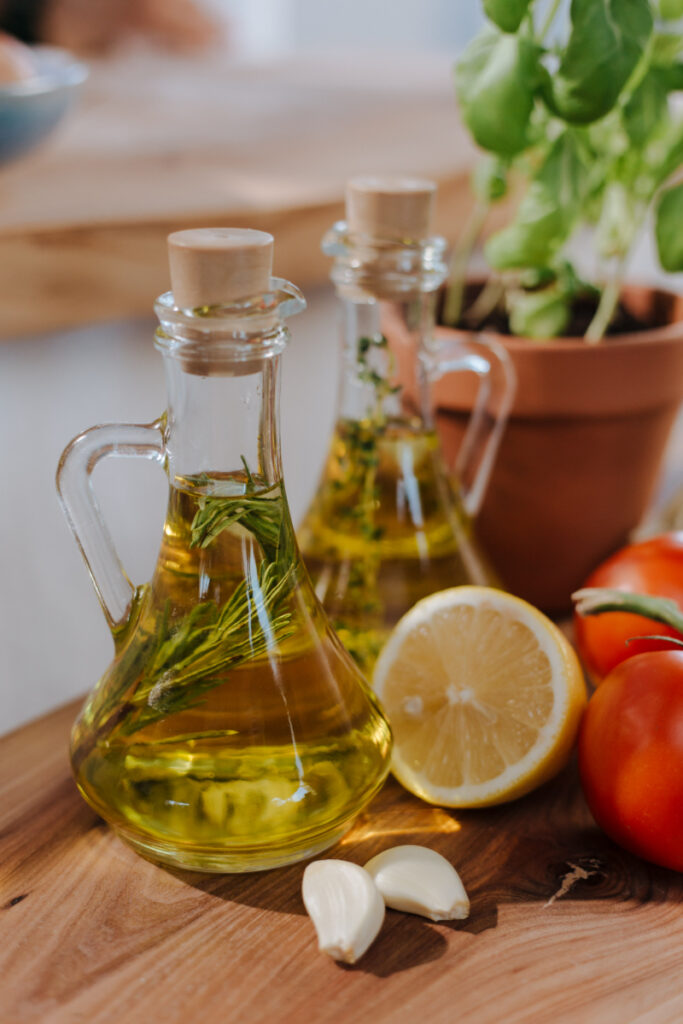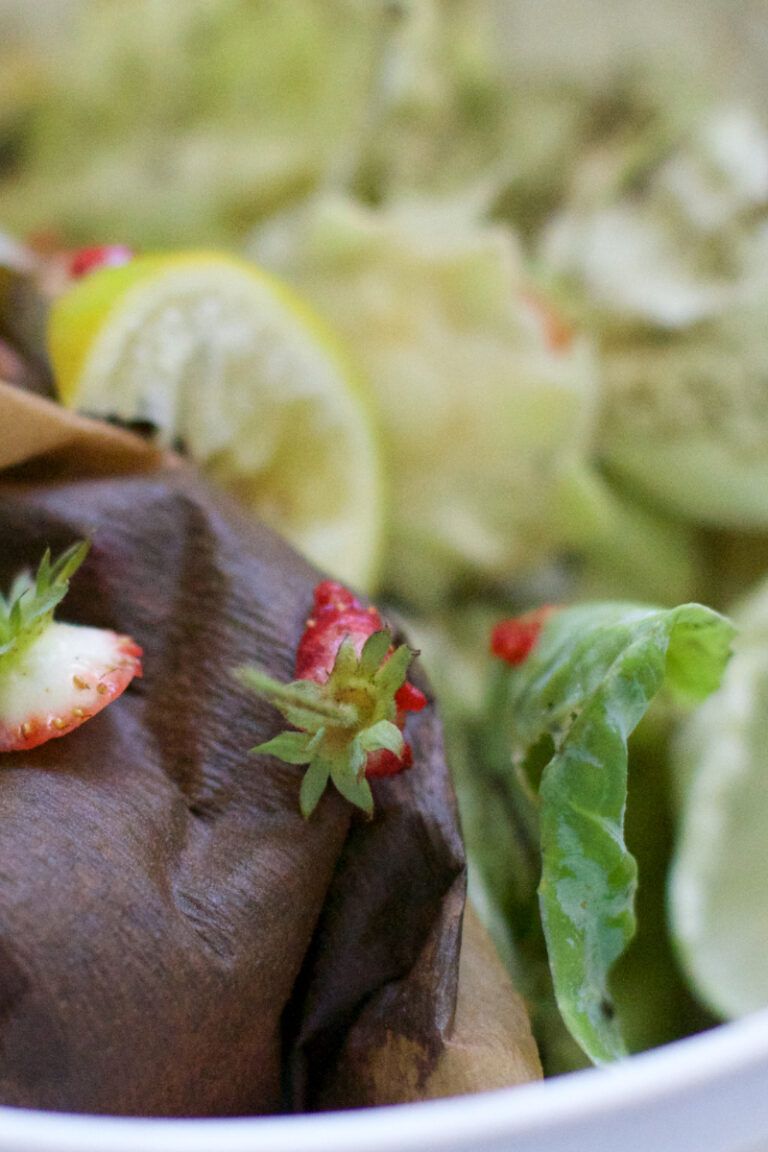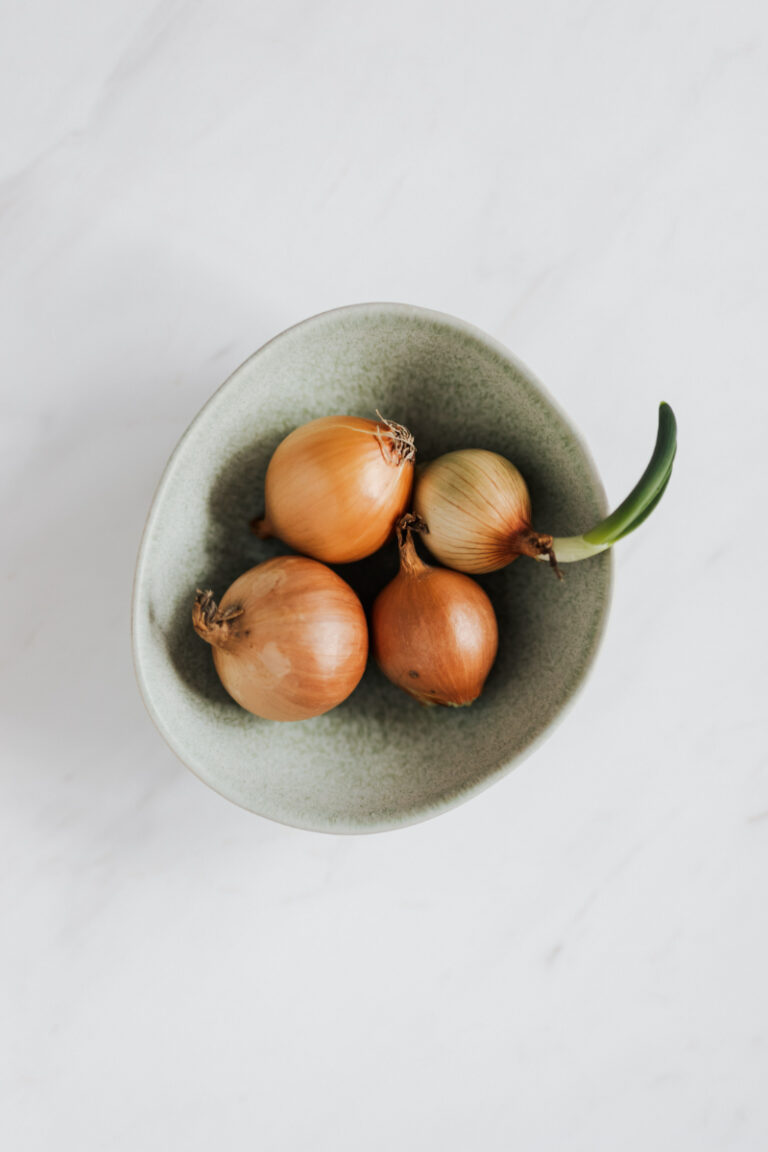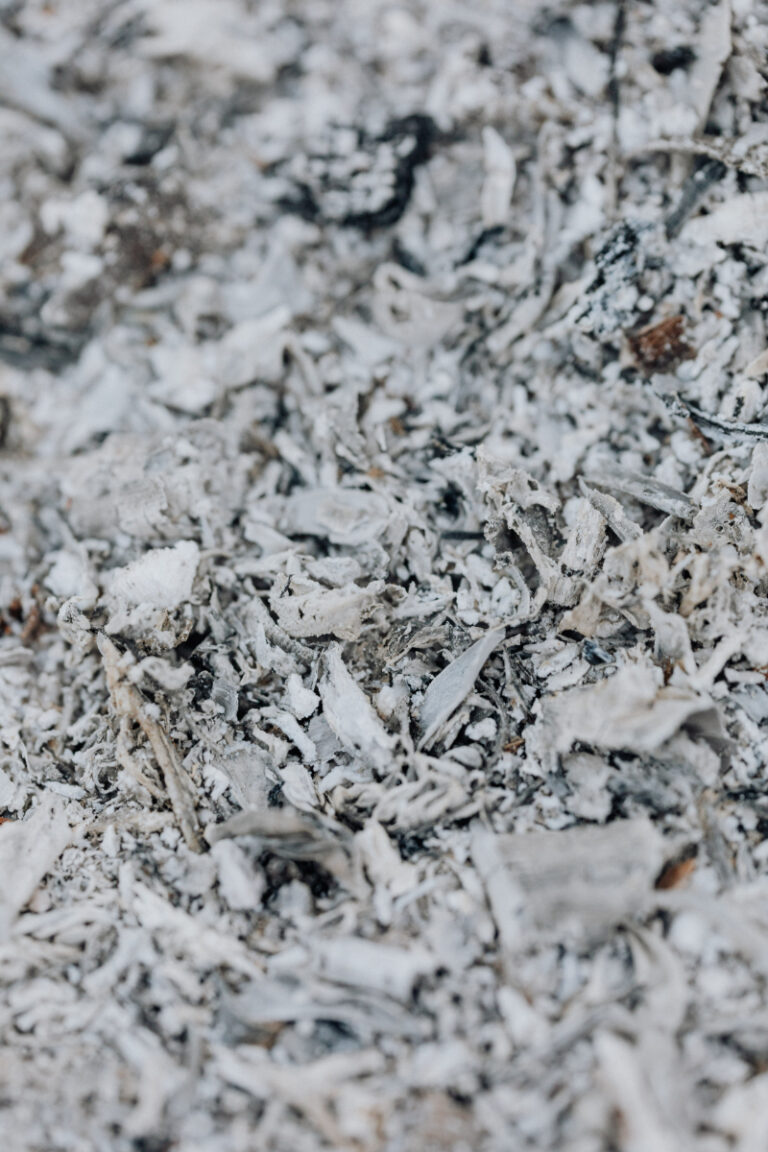Can You Compost Cooking Oil? The Answer Revealed
Composting is a natural process that turns organic material into a nutrient-rich soil conditioner. It’s an excellent way to recycle kitchen and garden waste, reducing the amount of waste going to landfill while creating valuable nourishment for your plants.
But when it comes to what you can and cannot compost, there’s often some confusion. One such item that often raises questions is cooking oil.
Can you compost cooking oil? This seemingly simple question has sparked much debate among environmentalists and gardening enthusiasts alike.
As we delve into this topic, we will explore the nuances of composting, the potential benefits and drawbacks of composting cooking oil, and the overall impact on our environment and garden health.
Can You Compost Cooking Oil?

Understanding Composting
Composting is essentially nature’s way of recycling. It involves the decomposition of organic materials by microorganisms, resulting in a product that can significantly enhance the fertility and structure of your soil. This nutrient-rich compost can be used to feed plants, improve soil structure, and help retain moisture in the garden.
The key to successful composting lies in understanding what can and cannot be composted. Generally, compostable materials are categorized into two groups: ‘greens’ and ‘browns’.
‘Greens’ are materials rich in nitrogen and include items like vegetable peelings, coffee grounds, and grass clippings.
‘Browns’, on the other hand, are high in carbon and include items such as leaves, straw, and paper. For a well-functioning compost pile, it’s crucial to maintain a good balance between these two types of materials.
Certain items should not be composted due to their potential to attract pests, produce a foul smell, or introduce harmful bacteria into the compost pile. These typically include meat scraps, dairy products, and diseased plants.
Now, where does cooking oil fit into this picture? Cooking oil is not easily classified as either a ‘green’ or a ‘brown’, which complicates its role in the composting process. Furthermore, the fact that it’s a processed product introduces additional considerations regarding its compostability.
Cooking Oil in Composting
When it comes to composting, cooking oil is somewhat of a gray area. While technically an organic substance, it doesn’t fall neatly into the ‘green’ or ‘brown’ categories that are commonly used to balance compost piles. Furthermore, being a processed product, it brings additional considerations to the table.
Cooking oil is high in fat, and while fats are organic compounds, they decompose differently than plant materials or other kitchen waste. Fats tend to break down more slowly, and in the process, they can create a coating that makes it hard for water and air to penetrate the compost pile. This lack of aeration can lead to a smelly, slow-decomposing pile.
Additionally, cooking oil can be a magnet for pests. Rats, mice, and other creatures are attracted to the smell of cooking oil and may find their way into your compost bin if it contains this ingredient. This can lead to further complications, such as the spread of disease or damage to your compost bin.
Another concern is the type of cooking oil used. Some oils, like olive oil, are derived from plants and may be less problematic in a compost pile. However, other oils, particularly those that have been heavily processed or used for frying, may contain additives or residues that could be harmful to the compost and, eventually, to the plants that receive the compost.
Given these potential issues, many composting guides advise against including cooking oil in your compost pile. However, the story doesn’t end there. In the next sections, we will explore the pros and cons of composting cooking oil in more detail, as well as consider alternatives for disposing of used cooking oil.
Pros and Cons of Composting Cooking Oil
While at first glance it may seem that composting cooking oil is more trouble than it’s worth, there are some potential benefits to consider as well. Let’s examine both sides of the argument.
Pros
- Reduced Waste: Composting cooking oil can help reduce the amount of waste sent to landfills. Given that many households use cooking oil daily, this can potentially have a significant impact on waste reduction.
- Energy Source for Microorganisms: In small amounts, cooking oil can provide an energy source for microorganisms that break down organic materials in the compost. This can potentially speed up the composting process.
- Moisture Retention: Cooking oil can help retain moisture in the compost pile, which is essential for the composting process.
Cons
- Slow Decomposition: As mentioned earlier, fats like cooking oil decompose slowly. They can create a barrier that prevents air and water from penetrating the compost pile, slowing down the overall composting process.
- Attract Pests: Cooking oil can attract pests like rats and mice, which can spread disease and damage your compost bin.
- Potential Harmful Residues: Cooking oils, especially those used for frying or those that are heavily processed, may contain additives or residues that could be harmful to the compost pile and eventually to the plants nourished by the compost.
Alternatives to Composting Cooking Oil
Given the potential downsides of composting cooking oil, it is worth considering some alternatives for disposing of or recycling used cooking oil. Here are some options:
Recycle It
Many cities have recycling programs that accept used cooking oil. The oil is often processed and used to create biodiesel, a renewable source of energy. Check with your local waste management facility to see if they offer this service.
Reuse It
Depending on what you’ve used the oil for, you may be able to reuse it. For instance, oil used for frying can often be strained and reused several times before it becomes too degraded.
Donate It
Some restaurants and businesses collect used cooking oil for recycling. You might be able to donate your used cooking oil to one of these establishments.
Make Soap
Believe it or not, used cooking oil can be used to make homemade soap. This can be a fun and eco-friendly project to try at home.
Safe Disposal
If none of the above options work for you, the safest way to dispose of cooking oil is to pour it into a sealable container (like an old plastic bottle) and throw it in the trash. Never pour cooking oil down the sink, as it can clog pipes and cause sewage backups.
Expert Opinions
When it comes to composting cooking oil, experts generally advise caution. While it’s technically possible to compost cooking oil, the potential risks often outweigh the benefits.
Many gardening and composting experts recommend against composting cooking oil due to the potential to slow down the composting process, attract pests, and introduce harmful residues into the compost pile.
For instance, the U.S. Environmental Protection Agency (EPA) includes fats, grease, and oils on their list of items that should not be composted at home.
However, some experts point out that in small amounts, cooking oil can provide an energy source for the microorganisms that facilitate the composting process.
They suggest that if you choose to compost cooking oil, you should do so sparingly and mix it well with other compost materials to help mitigate some of the potential issues.
It’s also worth noting that there’s a growing interest in industrial composting facilities that have the capacity to handle items like cooking oil. These facilities use controlled conditions and specific types of microorganisms to compost a wider range of materials than can typically be composted at home.
Ultimately, the consensus among experts seems to be that while it’s not strictly impossible to compost cooking oil, there are usually better options available. Whether that means recycling, reusing, donating, or safely disposing of your used cooking oil will depend on your individual circumstances and the resources available in your area.
Conclusion
Composting is a powerful tool for reducing waste and enhancing the health of our gardens. However, not all organic materials are created equal when it comes to their suitability for composting. Cooking oil, with its unique properties and potential issues, falls into this category.
While it’s technically possible to compost cooking oil, and there can be some benefits in doing so, the potential drawbacks often outweigh these advantages. The slow decomposition of fats, the risk of attracting pests, and the possibility of introducing harmful residues into your compost pile are significant concerns.
Fortunately, there are several alternatives to composting cooking oil. Recycling programs, reusing the oil, donating it, making soap, or disposing of it safely are all viable options that can help reduce waste without compromising the integrity of your compost pile.






